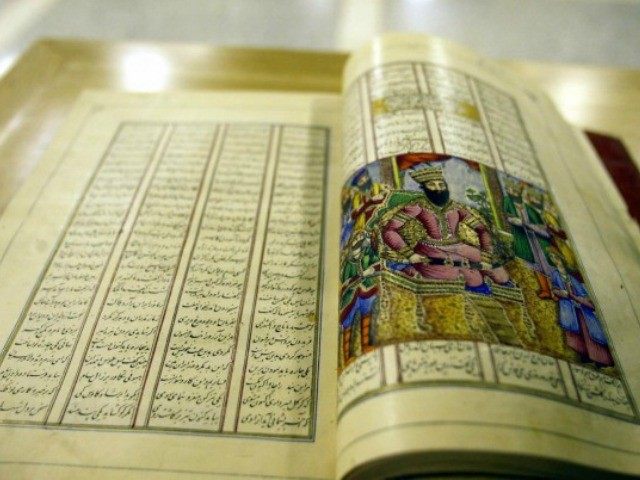The Catechism of the Catholic Church has been published for the first time in Farsi (modern Persian), the official language of Iran and Afghanistan, and includes an introduction by Cardinal Jean-Louis Tauran, president of the Pontifical Council for Interreligious Dialogue.
The 12-year translation project was undertaken by a team of scholars from the University of Religions and Denominations (URD), whose campus is located on the outskirts of Qom, the holy city of Shiite Islam, some 55 miles south of Tehran. The team consisted of project director Prof. Ahmad Reza Meftah, and two translators: Prof. Sulemaniye and Prof. Ghanbari.
The new version of the Catechism was unveiled at the Pontifical Gregorian University on January 12 by the president and secretary of the Pontifical Council for Interreligious Dialogue as well as Iran’s ambassador to the Holy See.
According to the URD president, the University “seeks to boost interreligious dialogue and mutual understanding and believes that one of the ways to achieve this goal is to translate the top books of the other religions into Persian.”
At the URD, some two thousand students are pursuing studies in Islam as well as in other religions: Christianity, Judaism, Buddhism and Hinduism. Its specialized library of religions is stocked with thousands of texts of other religious traditions in a number of languages.
According to the University’s website “We seek security, peace and harmony, and to prove this we do attempt to participate in studies on Religions and Civilizations in today world through fundamental and scientific studies and researches without any prejudice or dogmatism. We hold neutral attitudes toward other religions, respect them, and try to know them well enough.”
“When we began to study other religions, some of us studied Christianity,” Professor Ahmad Reza Meftah said in an interview with the University’s website. “We needed an authoritative Christian source to study, for us and for our students… we started to translate it in order to understand better the Catholic faith, both for ourselves and for our science.”
“For us and our students,” said Meftah, “it was important to know more about Christianity from what Christians say about themselves and not from what others say. Thus, we can remove misunderstandings and ideological schemes as well as foster respect for each other.”
“After the Paris attacks, interreligious dialogue can lose credibility,” Cardinal Tauran said, “because it is easy to confuse true Islamic believers with the criminals.”
“Initiatives like this allow people to really get to know each other and overcome prejudices, as well as false or superficial ideas,” he said.
Follow Thomas D. Williams on Twitter @tdwilliamsrome.

COMMENTS
Please let us know if you're having issues with commenting.